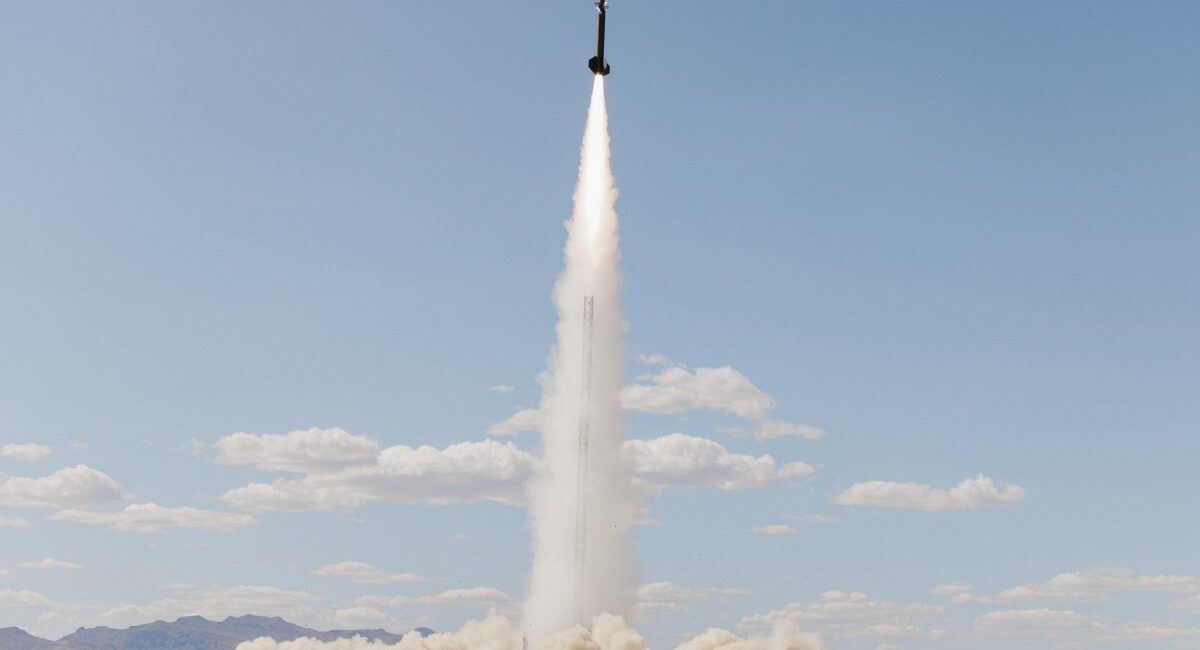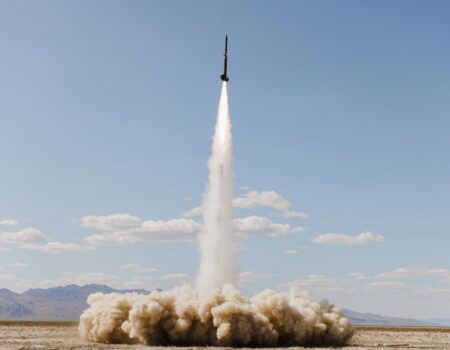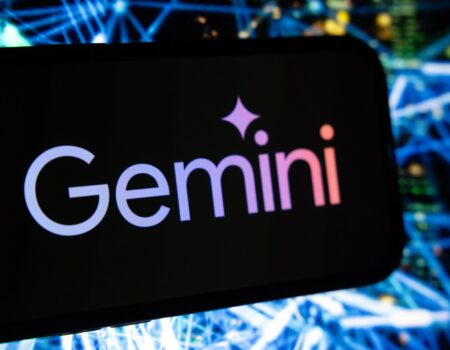Hypersonic weapons startup Castelion has raised a $350 million Series B led by Lightspeed Venture Partners and Altimeter Capital, according to sources and documents viewed by TechCrunch.
The round, which values the company in the billions, is anticipated to close in a matter of weeks. The new round comes on the heels of $100 million in Series A funding that closed in January. That round was composed of about $70 million in equity and $30 million of debt. Lightspeed also led that round.
Castelion declined to comment.
It is notoriously difficult for non-traditional players to break into the sizable government defense market, but Castelion has made notable strides since it emerged from stealth in late 2023. The company, which was founded by former SpaceX executives, wants to transform the production of hypersonic missile systems, a critical national security technology.
Despite the U.S. Department of Defense’s massive budget, military leaders are sounding the alarm on China’s ability to rapidly develop and field hypersonics. These weapons travel above Mach 5 — and China’s capabilities are starting to outpace the United States.
Castelion is proposing a solution. The business takes a similar approach to SpaceX: build quickly, test frequently, and vertically integrate to drive down costs. It has already won grants and awards from a suite of DoD offices, including the Air Force Research Laboratory and the Naval Air System Command. The company tested its hypersonic vehicle for the first time in the Mojave Desert in March as it looks to prove to the government that it can field low-cost hypersonic missiles at scale.
Castelion appeared in the U.S. Army’s fiscal year 2026 budget request published in June. In the budget, the military branch has requested $25 million under an initiative called Project HX3 to support the development and testing of an “affordable, mass-produced hypersonic weapon” called Blackbeard Ground Launch (GL). As the document explains, Blackbeard GL will have around 80% of the capability of a long-range hypersonic weapon variant currently being developed by aerospace primes. But through the contract, the Army is saying it is willing to trade a little bit of speed and range for a lower-cost product.
The forthcoming contract, which is essentially a done deal once President Trump signs the budget into law, has two phases: the first will see Castelion deliver a “prototype proof-of-concept” that it will demonstrate in early 2026. If that is successful, the second phase will include the delivery of 10 prototype missiles in 2027 for additional testing using a standard launcher platform called High Mobility Artillery Rocket System. Blackbeard is also being designed to be compatible with a new launcher system that will have autonomous capabilities.
All of Castelion’s previous wins with the DoD are a pittance compared to the possibilities afforded by the lucrative hypersonic-weapons market. If the Army field testing goes well, Castelion could ink a larger contract and begin delivering Blackbeard missiles in early 2028.
Lockheed Martin, Raytheon, and Northrop Grumman may want to watch their backs.







No Comment! Be the first one.